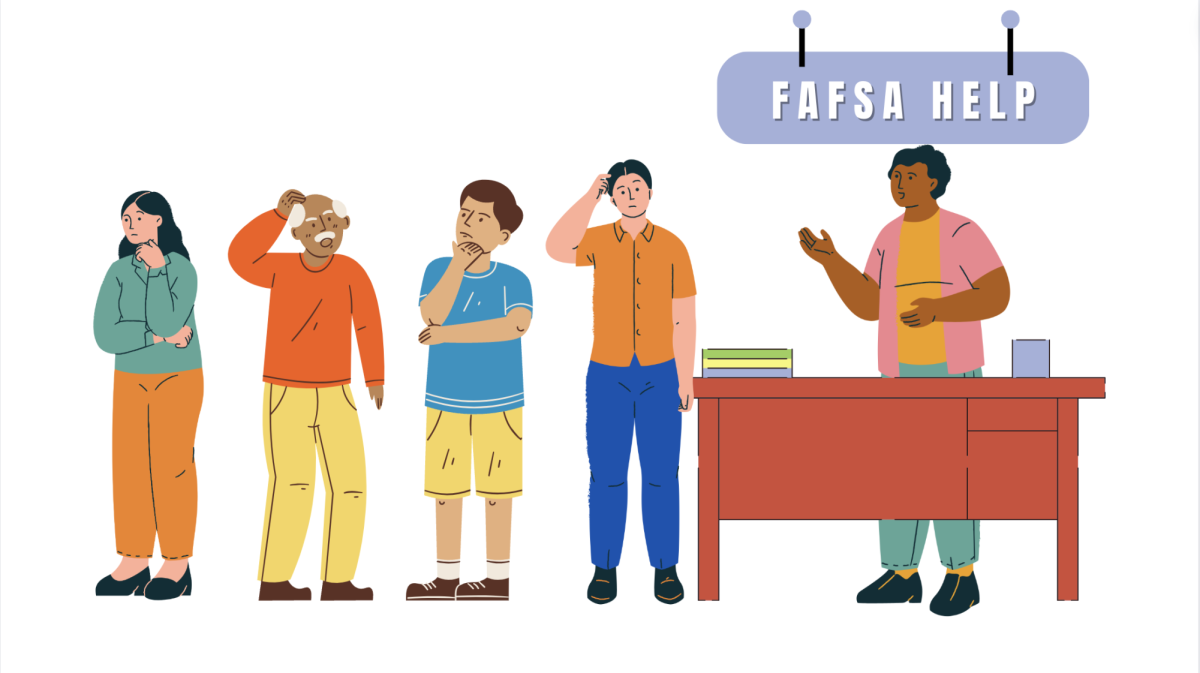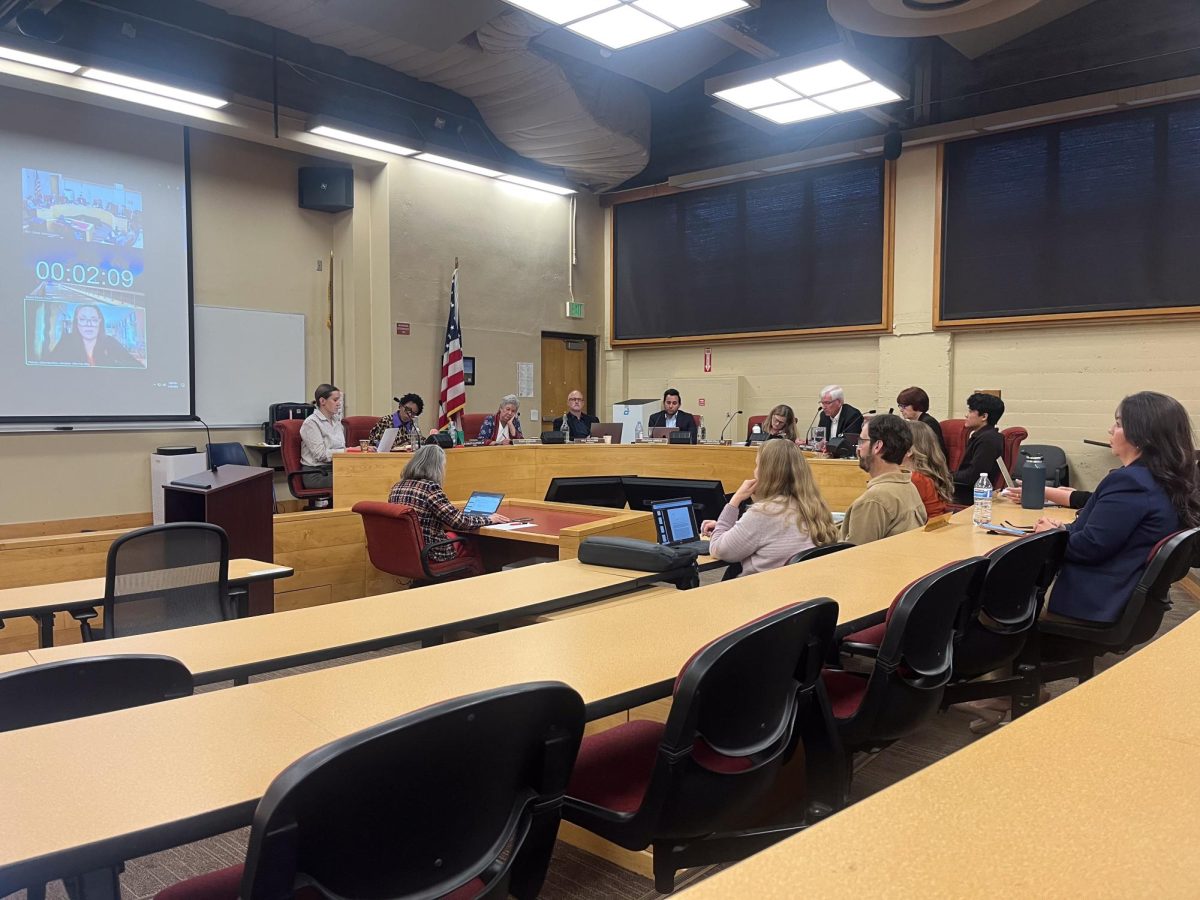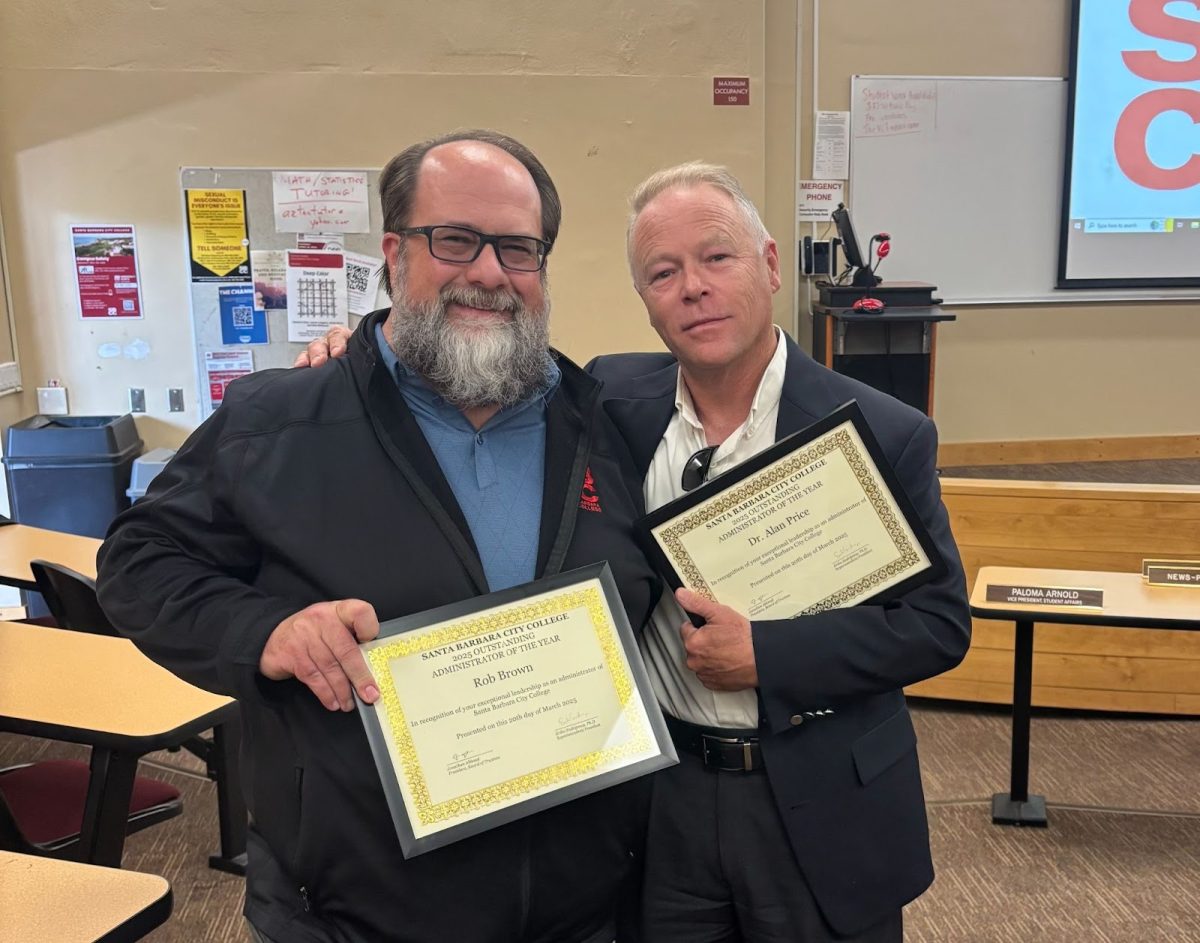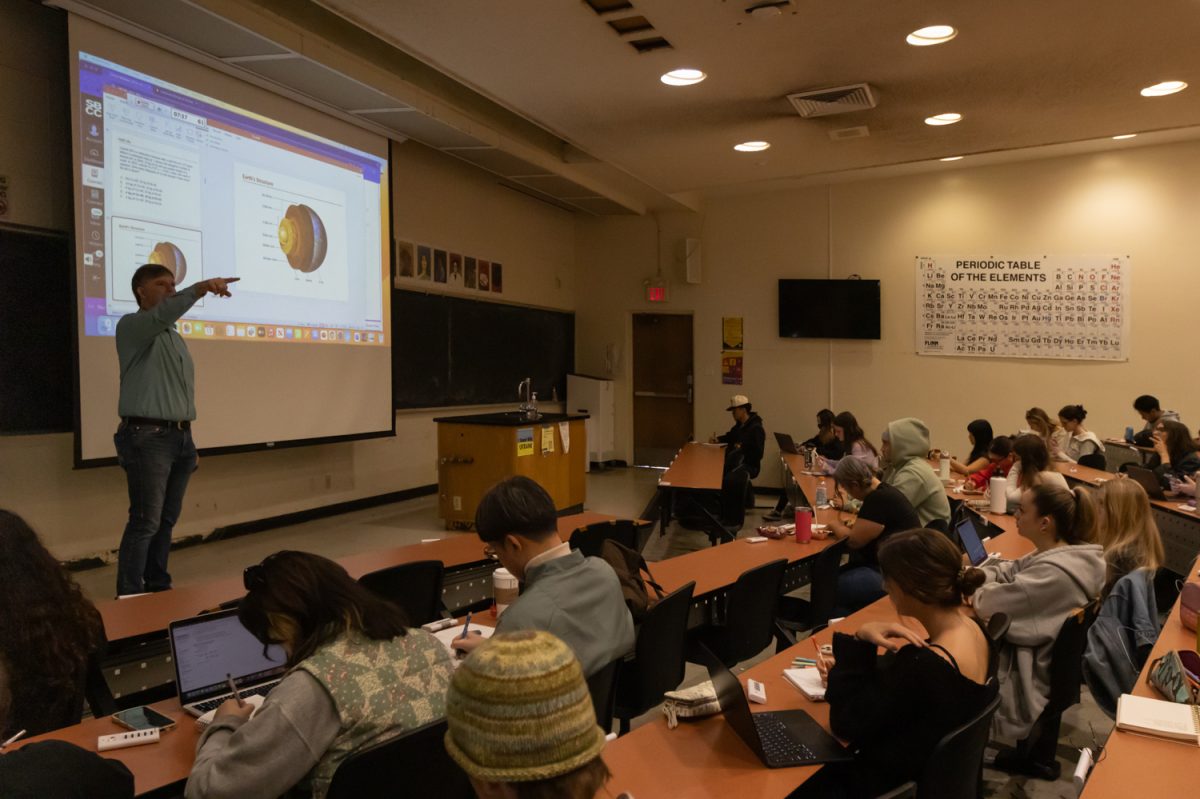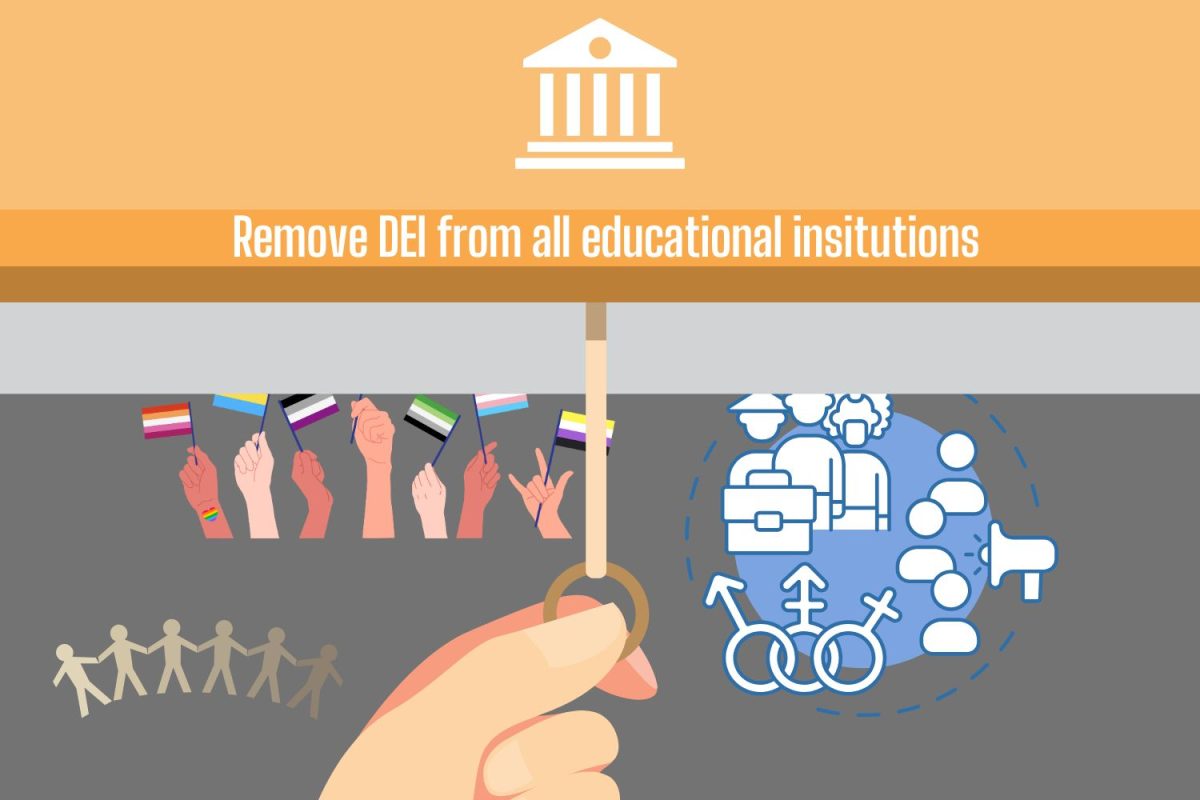City College’s financial aid department has experienced many changes recently causing an increase in students needing help with financial aid applications.
Financial Aid Advisor Elsa Chavez and Yesenia Garcia both work as an advisor for students with EOPS, AB540 and the CA Dream Act. They have both been working in the financial aid department at City College for 10 years, being first hand witnesses to how this new process can be beneficial for students, while making it more challenging for others.
After 40 years of the Free Application for Federal Student Aid (FAFSA) facilitating the load of college tuition for students, the form has now been simplified. The application that opened in January 2023 has been divided into two sections that need to be filled, one for students and one for their parents or guardians.
However, this new change caused errors in the system and as a result, the deadlines were changed for this current year’s application. This caused the FAFSA to be unprepared during its initial release at the end of December 2023. Once fixed, it was then released again in January 2024, in order for transferring students to complete it on time. The deadline to turn in the form was pushed back a month from March 2 to April 2.
Garcia explained how in the past, when the FAFSA form was completed, the student would need their parent or guardian’s signature to be sent in to complete the application.
Now, the student can only access half of the application, with the other half being sent by email to their parents. If the application is not filled out by the parent, the application is incomplete and the student will not qualify for financial aid.
According to Garcia, this makes it especially more risky for dependent students, who still need their parent’s information, whereas independent students are able to fill out the application without the need of a guardian’s signature. An applicant is seen as dependent until the age of 24, even if they are out of state or are simply living by themselves with no financial support from their parents.
“In some cases, it’s great, you’re done in ten minutes. In other cases, we’re sitting with students for hours,” Garcia said. “Trying to figure out everything on the tax forms to translate into the application, even taking it back in old-school and figuring it out through a paper application,”
Along with the change to the FAFSA for parents to fill out their own half, comes the fear of students providing more information on their undocumented parents’ status.
Students with undocumented parents have trouble making a FAFSA ID, which is needed to actually start the application. This issue was said to be fixed by the time the application was released, but according to the advisors, it still hasn’t been resolved. The Financial Aid department has resorted to printing out paper applications, using it as a last resort for students who have no access to the site without an ID.
“Now they’re asking for identification. So I definitely see the concern of what they’re going to do with this information. Where is this getting sent? Why do they want my passport? That fear, I’m sure it’s there. But we try to reassure them that this information is only for the FAFSA purposes,” Garcia said. “It’s adding a barrier for students whose parents are undocumented.”
According to Garcia, there are situations City College students are not very aware of where financial aid might not be offered. If a student does not pass certain classes during a semester or are considered to be dependent, financial aid can be delayed or not given at all.
“There are so many reasons why students can be upset, and it’s very understandable, with everything so expensive today,” Garcia said. “It can be frustrating when you are not receiving your financial aid on time or not receiving it at all.”
Garcia and Chavez shared they were both informed of these changes during a conference in October centered on the FAFSA.
“I remember being in one of the sessions and thinking this is going to be a disaster,” Garcia said. “Just thinking of the population that I work with, so in my case it’s a lot of EOPS students. I have a lot of students who are dependent students, whose parents may be undocumented. I knew it was going to be challenging because of that aspect of it.”
Chavez described how this process can be stressful for all students, but that advisors are here to support applicants during the process. This includes helping students understand their financial award letter. They go over what the students apply for, how long they can receive the aid, what funds are available and anything else.
“We were both students and received financial aid. So we know the process, we know the process of how it was before, how the regulations have been changed during the years,” Chavez said. “We can understand, you know, when a student comes concerned or frustrated. So we were there, as students before.”


